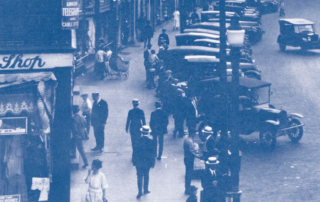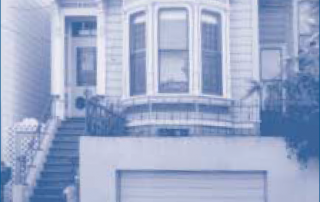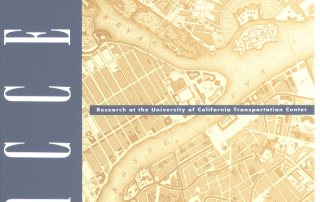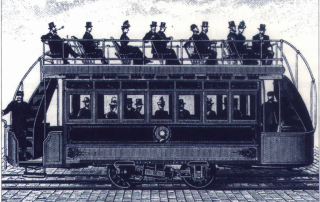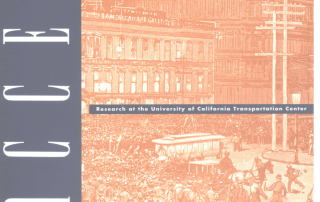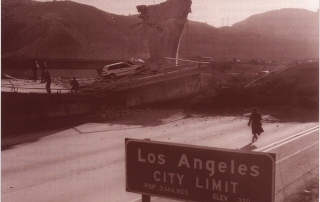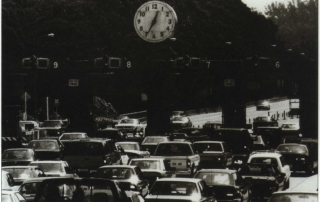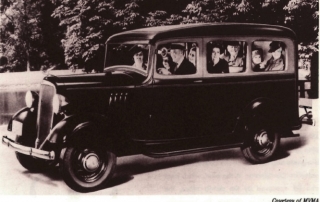THE ACCESS ALMANAC: Gas Tax Dilemma
Mary Hill,
Brian D. Taylor and
Martin Wachs
Prior to 1923 California, like most states, financed highway construction and maintenance by issuing general obligation bonds. By the early ’20s direct appropriations for highways and interest payments on the bonds had risen to more than 40 percent of the state’s budget. So in 1923 California adopted a new system of highway finance using earmarked user fees, in particular the per-gallon fuel tax. Before long all fifty states had similar user taxes, as did the federal government.

